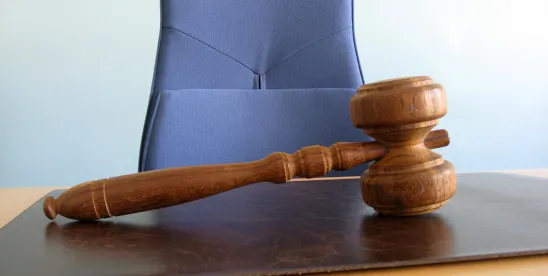In In re Estate of Carr, the court of appeals dismissed an appeal from a probate court order due to a lack of jurisdiction. No. 04-23-00287-CV, 2024 Tex. App. LEXIS 7827 (Tex. App.—San Antonio November 6, 2024, no pet. history). The order: (1) appoints a temporary dependent administrator pending a will contest and identifies the administrator’s duties; (2) authorizes the appellant to use estate assets to perform an autopsy; and (3) “further orders that the total amount of any expenses incurred and paid by the Estate for the storage of [Eddy Colbert Carr’s body], that have accrued on and after the date of this Order shall be deducted from [Gladys’s] share of the final distribution of any remaining Estate assets, to which she may be entitled as a beneficiary of the Estate.” Id. The appellant only challenged the third element of relief. we are not aware of any statute supporting such an order is final and appealable. The court of appeals noted:
Nor does the order actually dispose of all issues and all parties in a particular phase of the proceeding. The appointment of a temporary administrator by definition is “more like a prelude than a finale” because it does not dispose of a claim, if asserted independently, that would be the proper subject of a lawsuit. In other words, it sets the stage for the resolution of the will contest. And the portion of the order making the payment of certain storage expenses is contingent on the resolution of other issues during other discrete phases—the will contest, a subsequent determination of remaining Estate assets, and a further determination of whether Gladys is entitled to assets as an Estate beneficiary. It therefore cannot be said to dispose of any issue or party in a particular phase of any probate proceeding. Instead, the ruling is appropriately considered as part of the broader phases of the will contest and the determination of remaining Estate assets and beneficiaries, and it sets the stage for the resolution of those proceeding phases.
Id.




 />i
/>i

